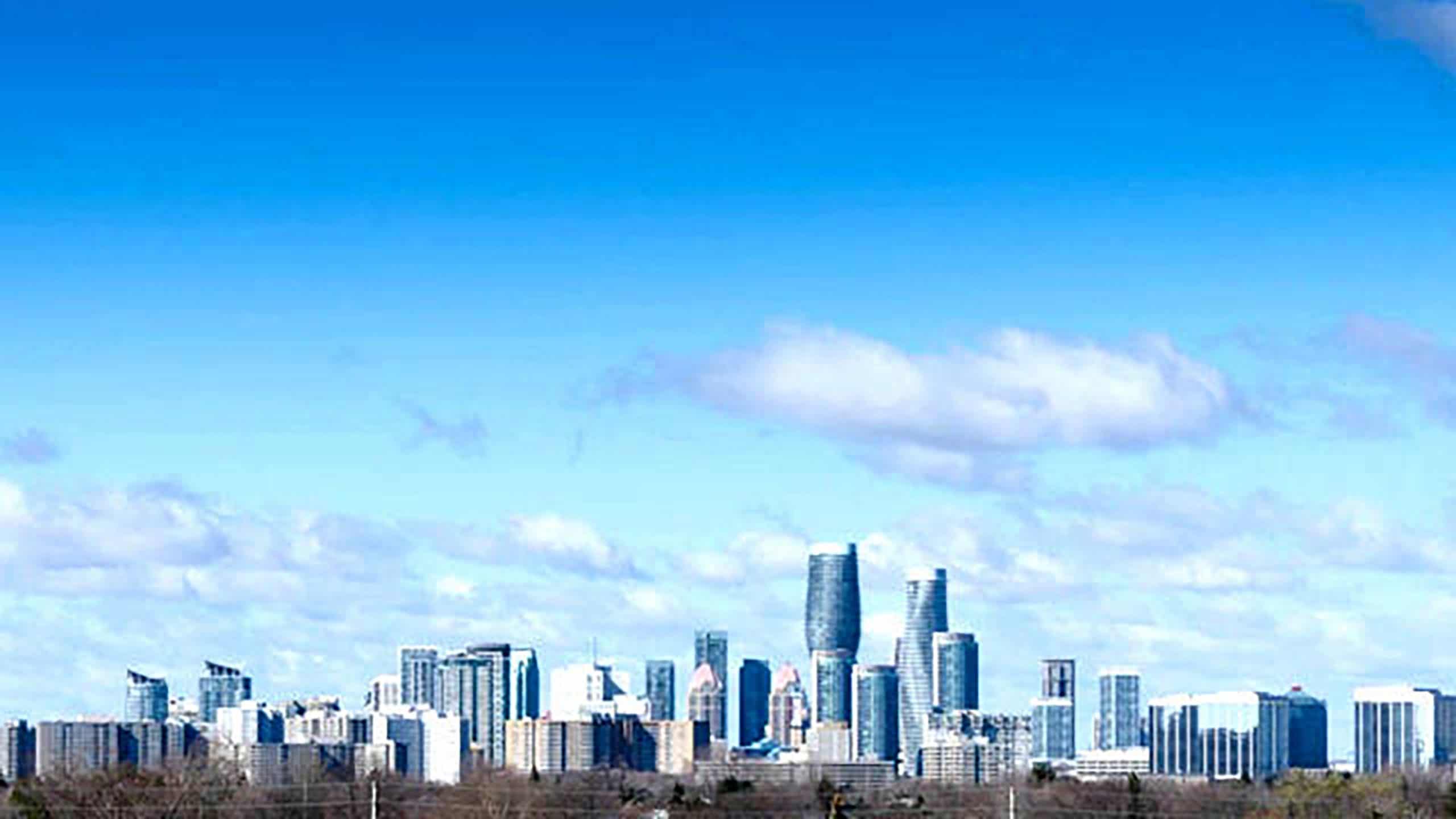Interesting Facts You Didn’t Know About Mississauga
Published February 8, 2019 at 7:44 pm

While Mississauga isn’t the easiest place to call home if you’re looking to rent or purchase a new home (but that issue is far from exclusive to the city and remains a struggle for huge swaths of GTA residents), it’s certainly one of the more exciting municipalities in Ontario.
Boasting a population of over 700,000 people, Mayor Bonnie Crombie wasn’t wrong to say that the city is “on the cusp of something big” in her recent State of the City address. The city is moving forward on the redevelopment of both the Lakeview and Port Credit neighbourhoods (in fact, the Lakeview Village neighbourhood will be brand new), fielding proposals for 46 new condo towers in City Centre along and welcoming a massive light-rail transit project (the Hurontario LRT).
During the speech, which was was delivered to the Mississauga Board of Trade (MBOT) late last month, Crombie also shared some interesting facts about Mississauga’s job market that residents might not be aware of.
One interesting tidbit? Mississauga is net importer of jobs.
While people might be forgiven for assuming that a substantial number of people leave Mississauga to toil in other cities (namely Toronto), they’re actually wrong.
According to Crombie, more people come to work in Mississauga each day than leave for employment in neighbouring cities.
A recent report backs up Crombie’s claim.
The recently released Vital Signs 2018 report, a publication released by the Community Foundation of Mississauga, finds that 53 per cent of residents work and live in the city. The report says this indicates Mississauga has a good amount of sales and service, business and finance, trades and science-based positions available.
Crombie also said that, in terms of job growth, the local economy is growing rapidly.
In fact, data suggests its economic growth is outpacing Ontario overall.
The data also indicates that Mississauga is the second largest employment cluster in the GTA after Toronto. In fact, it beats out Vaughan, Brampton, Markham and Burlington.
Have you ever wondered how many businesses call Mississauga home?
According to Crombie’s address, Mississauga is home to 91,000 businesses (and 95 per cent of those businesses are small ones). It’s also home to 1,400 multinational firms and 75 Fortune 500 companies.
If you’re looking for a job in life sciences, food and beverage, financial services or information and communications technology, the city has some positions available for you.
Not only are there a lot of jobs available for people, the people in the city are pretty interesting themselves.
According to Crombie’s address, 70 per cent of the people who make up Mississauga’s workforce have studied at the post-secondary level.
The population is also varied, with residents hailing from all over the globe. In fact, Crombie pointed out that over 145 languages are spoken in Mississauga.
According to 2016 data, 53.4 per cent of Mississauga’s population is made up of immigrants.
As for where people tend to immigrate from, data shows that Mississauga residents hail from India (14.3 per cent), Pakistan (9.4 per cent), the Philippines (7.4 per cent), China (6.1 per cent), Poland (5.7 per cent), Portugal (3.1 per cent), Jamaica (3 per cent), the United Kingdom (2.9 per cent), Vietnam (2.7 per cent) and Egypt (2.4 per cent).
In her speech, Crombie addressed Mississauga’s mounting affordable housing crisis, adding that the city’s Making Room for the Middle plan is working to incentivize developers to build more affordable homes for middle-class families.
“Over the next year and beyond, we will continue to make progress on our plan to incentivize developers to build more affordable housing that works for our residents. Our vision for Mississauga is a City where people can afford to live and work and do so, comfortably. While our economy is surging, not everyone is feeling the benefits,” Crombie said.
“Precarious employment is rising, and wages aren’t keeping pace with the cost of living. People are going from gig to gig and lack the stability they need to feel safe, secure and confident in making big life decisions. It is as sad, as it is unacceptable, that 15 percent of our residents live in poverty.”
As far as housing goes, data suggests that over 30 per cent of Mississauga residents are spending more than 30 per cent of their incomes on housing.
According to the data, 46.3 per cent of tenant households are living in unaffordable homes.
But while affordability remains a troublesome issue across the GTA, it does look like Mississauga is doing its part to attract investment, increase affordable housing options for lower and middle-class residents and tackle major redevelopment and infrastructure projects.
Which of these facts surprised you the most?
insauga's Editorial Standards and Policies advertising





